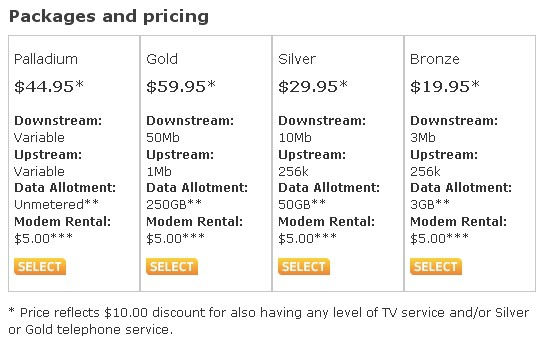You used 50 kilobytes of data visiting a web page on your iPhone, but AT&T claims the site actually consumed six times that — 300 kilobytes, for which the carrier overcharged you for access.
A major point of contention for consumers facing Internet Overcharging schemes is that the same company with a vested interest in maximizing revenue from such schemes also administers the meter that measures how much you used. There is no oversight or independent verification.
In a lawsuit filed this week, AT&T Mobility faces accusations it is systematically overcharging iPad and iPhone users for data services many never used.
Patrick Hendricks claims AT&T’s Internet Overcharging “was discovered by an independent consulting firm retained by plaintiff’s counsel, which conducted a two-month study of AT&T’s billing practices for data usage, and found that AT&T systematically overstate web server traffic by 7 percent to 14 percent, and in some instances by over 300 percent.”
The lawsuit compares the company’s billing system to a gas pump that charges for a full gallon when it only dispenses nine-tenths into your tank.
 Hendricks’ suit also claims the same independent testing firm confirmed AT&T charges for data usage even when phones and iPads were disabled for data sessions, push notifications, location services, and other data features. After 10 days, the firm found AT&T had billed 35 data transactions totaling 2,292 kilobytes of usage, akin to being billed for gas when you never even pulled into the station.
Hendricks’ suit also claims the same independent testing firm confirmed AT&T charges for data usage even when phones and iPads were disabled for data sessions, push notifications, location services, and other data features. After 10 days, the firm found AT&T had billed 35 data transactions totaling 2,292 kilobytes of usage, akin to being billed for gas when you never even pulled into the station.
The complaint admits the individual overcharges are relatively small for most consumers, but collectively they earn massive profits for AT&T.
“AT&T has 92.8 million customers. In the fourth quarter of 2010, AT&T reported its wireless data revenues increased $1.1 billion, or 27.4 percent, from the year-earlier quarter, to $4.9 billion,” the suit claims. “A significant portion of those data revenues were inflated by AT&T’s rigged billing system for data transactions.”
The lawsuit is seeking class action status and refunds of alleged overcharging for impacted customers.
The firm handling the case, Bursor & Fisher, has tangled with cell phone providers before, winning cases against Verizon, Sprint and T-Mobile. The firm is also exploring a lawsuit against Sprint on behalf of Evo owners who paid a $10 surcharge on top of an “unlimited” data plan.


 Subscribe
Subscribe








